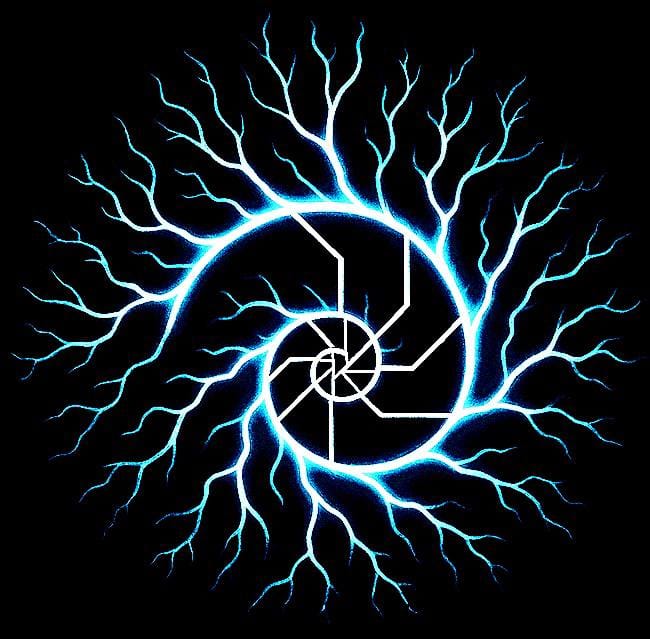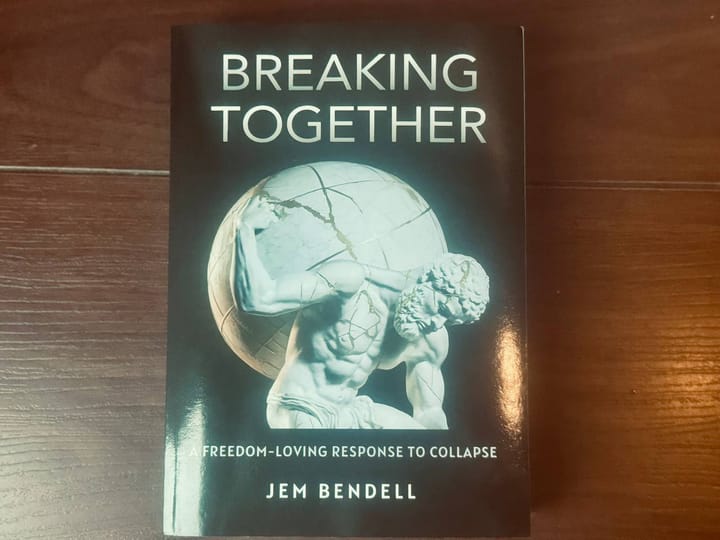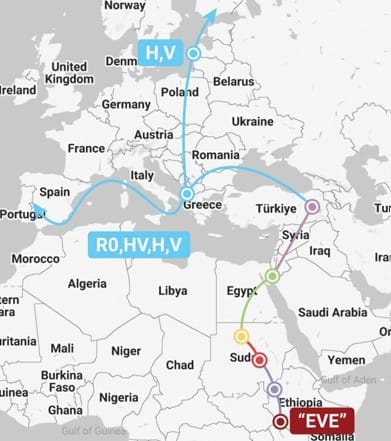World Signals: September 2025 Recap
September didn’t whisper—it shouted. Superstorms, record heat, creeping drought, and quiet ecological failures made it clear: crisis isn’t coming, it’s here.

It is already the end of September, guys. Time is flying by. September 2025 didn't whisper. It shouted. Signals came from every corner of the Earth system: super storms flattening coastlines in Asia, record heat in Canada, famine persisting in Gaza and Sudan, drought creeping across a third of the United States, Europe's ecosystems failing quietly in the background. None of these are isolated events. They're feedbacks converging.
The brutal truth, guys? Crisis is no longer something we can anticipate. It's the water we swim in. The systems that sustain us (climate, food, energy, ecology), are wobbling in sync.
Why It's Happening
These aren't random disasters. They are symptoms of deep feedback loops that now dominate human and natural systems:
- Climate-Energy-Food Loop: Hotter oceans fuel stronger storms, which wreck harvests and power grids. Energy markets spike, food prices jump, hunger spreads.
- Inequality-Vulnerability Loop: The poorest are hit hardest. Whether by famine in Gaza, floods in Pakistan, or disappearing habitats in Europe. Wealth buffers some, but the global system transmits the pain.
- Policy-Delay Loop: Science delivers warnings, but political and economic systems stall. Pledges pile up while action lags, and each delay makes the next crisis sharper.
- Ecology-Collapse Loop: Over 80% of EU habitats are already degraded. When ecosystems fail, water, pollination, and soil fertility collapse silently, long before headlines.
What We Need to Face
- Crisis is the baseline. This isn't a "bad year." This is the start of a long era of systemic disruption.
- No silver bullets. Carbon storage won't rescue us. A new crop variety won't solve hunger. A single energy tech won't stabilize grids. Complex crisis require layered responses.
- Retreat is inevitable. Some coasts, floodplains, and fire zones cannot be defended forever. Managed retreat will happen, either planned or chaotic.
- Aid is not charity-it's survival infrastructure. When humanitarian funding collapses, famine and displacement follow.
What Can Be Done
- Harden the basics. Shade in cities, backup power for hospitals, drainage systems cleared, wetlands restored. Resilience isn't glamorous, but it saves lives.
- Redesign food and energy security. Regional grain reserves, micro-grids, diversified crops, and less reliance on just-in-time supply chains.
- Fund the boring. Maintenance, rangers, early warning networks, local clinics. Civilization fails when the unglamorous stops working.
- Shift incentives. Insurance markets are already screaming that certain zones can't be rebuilt. Governments must plan for managed retreat and climate-ready zoning now.
- See aid as global stability. Cutting food or climate aid is not savings, it's deferred chaos.
How to Make Peace
- With uncertainty. Extremes will intensify and timelines will shorten. That doesn't mean paralysis; it means building systems that bend, not break. Adapt to change.
- With limits. Growth narratives are crumbling. Living well inside constraints is the real 21-century project.
- With migration. Movement is not failure; it is the oldest adaptation strategy our species knows.
- With endings. Some landscapes, towns, and traditions will not survive in their current form. This is also nothing new. Look at history. Mourning them honestly makes space for building anew.
How to Move Forward
So...September's signals show that we are in a decisive window. Human agency still matters... choices about energy transitions, aid budgets, zoning laws, and ecosystem restoration carry outsized leverage right now. But moving forward means shifting attention from promises to infrastructure, logistics, and lived resilience.
Hope is not found in slogans or pledges. Hope is built in megawatts of clean power actually delivered, hectares of wetlands actually restored, and millions of meals actually reaching the hungry. It is measured in avoided losses, not press releases.
The systems we built are unraveling....but within the unraveling is the chance to weave differently.
In short: September was not a fluke. It is the shape of the age we're in. The question is whether we continue drifting from crisis to crisis, or whether we take the signals seriously enough to redesign how we live.




Comments ()